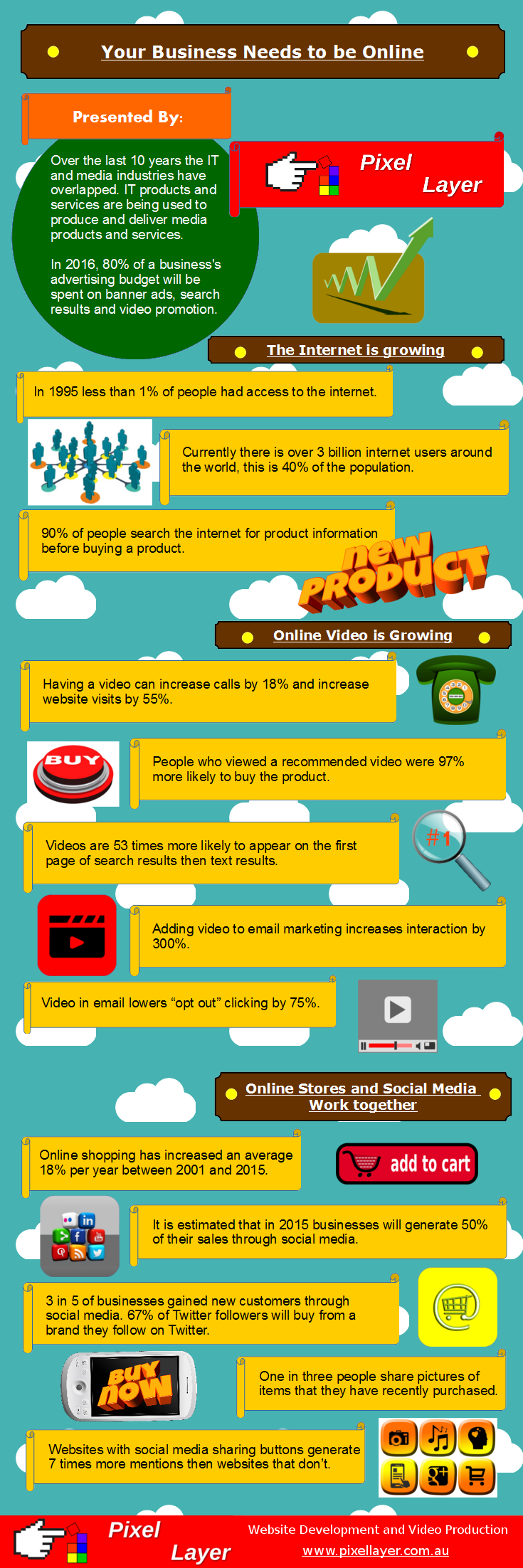One of my favourite news stories of the year was about a train in Japan that did not depart the station on time (full article). Most people in Australia would wonder why such an occurrence is newsworthy. Happens all the time here.
What makes this interesting is that trains run on time in Japan. In fact, the train only departed 20 seconds earlier then scheduled. This discrepancy was enough to warrant an apology from the authorities for the “severe inconvenience”.
This incident highlights a broader issue, customer service is different in Japan. So what can Australians learn from Japan about customer service?
Punctuality and the Long Term
In Japan, timing is important. If a business meeting is at 9am, you better be there. Don’t come 9:05am. Having efficient systems in place will allow the business to be more productive, reliable and stable.
The Japanese also think about the long term. When they plan business strategy, they are thinking decades and even centuries ahead. They know how today’s actions will have consequences in the future. Organisations that have been around a long time are respected because they can be depended on and be trusted.
Relationship vs Price
Western society has a large focus on price. Customers will go where the product or service is cheapest. This in turn causes businesses to find ways to cut costs. The result is a lower quality service or product. Employees will have inadequate training and be less enthusiastic about their job.
In Japan relationships are an important part of doing business. People spend most of their time visiting clients and checking on employees. Even when there is no business to discuss, people will just drop in to say hello. A lot business gets done over lunch or dinner.
Expectation and Omotenashi
In Japan there is the concept of “Omotenashi”. This is a form of customer service and hospitality that focuses on value and respect for the customer. Omotenashi is such a large part of the Japanese culture that customers come to expect.
In 2017 American Express conducted a survey on customer service (full article). They discovered that worldwide an average of 30% people would shop elsewhere after one bad experience in a store. The main exception to the trend was Japan, where 56% of people of would shop elsewhere after on bad experience.
Therefore if a business wants to retain customers, they must practice Omotenashi.
Experience and Convenience
When walking into a store, customers need to feel welcome. The business needs to show it appreciates customers coming into their store.
Employees will always greet customers as they enter the store and say thank you as customers leave. If a customer walks up to employees while in conversation, the employees will stop talking and fully concentrate on the customer. Eating in front of customers is a big no-no, especially if employees are serving customers with their mouths full and have greasy hands.
Convenience is also important. A customer should feel that the process of buying products and services has been simplified. Employees will anticipate a customer need and be ready to help. They will help customers carry their bags out the store. They will fill the customer’s car with fuel and clean the windows at the same time. They will wrap your gifts. They will clarify anything the customer is unsure about. Businesses will appoint a single contact person so clients don’t have to speak to multiple employees before something gets done.
Enthusiasm and Improvement
Japanese approach their job with enthusiasm and meaning. When an employee speaks to a customer about products and services, they are genuinely interested. They have taken the time to listen to the customer’s needs and are knowledgeable on the ways the business can meet those needs. Rather then saying “no”, they always look for a way to say yes.

You must be logged in to post a comment.